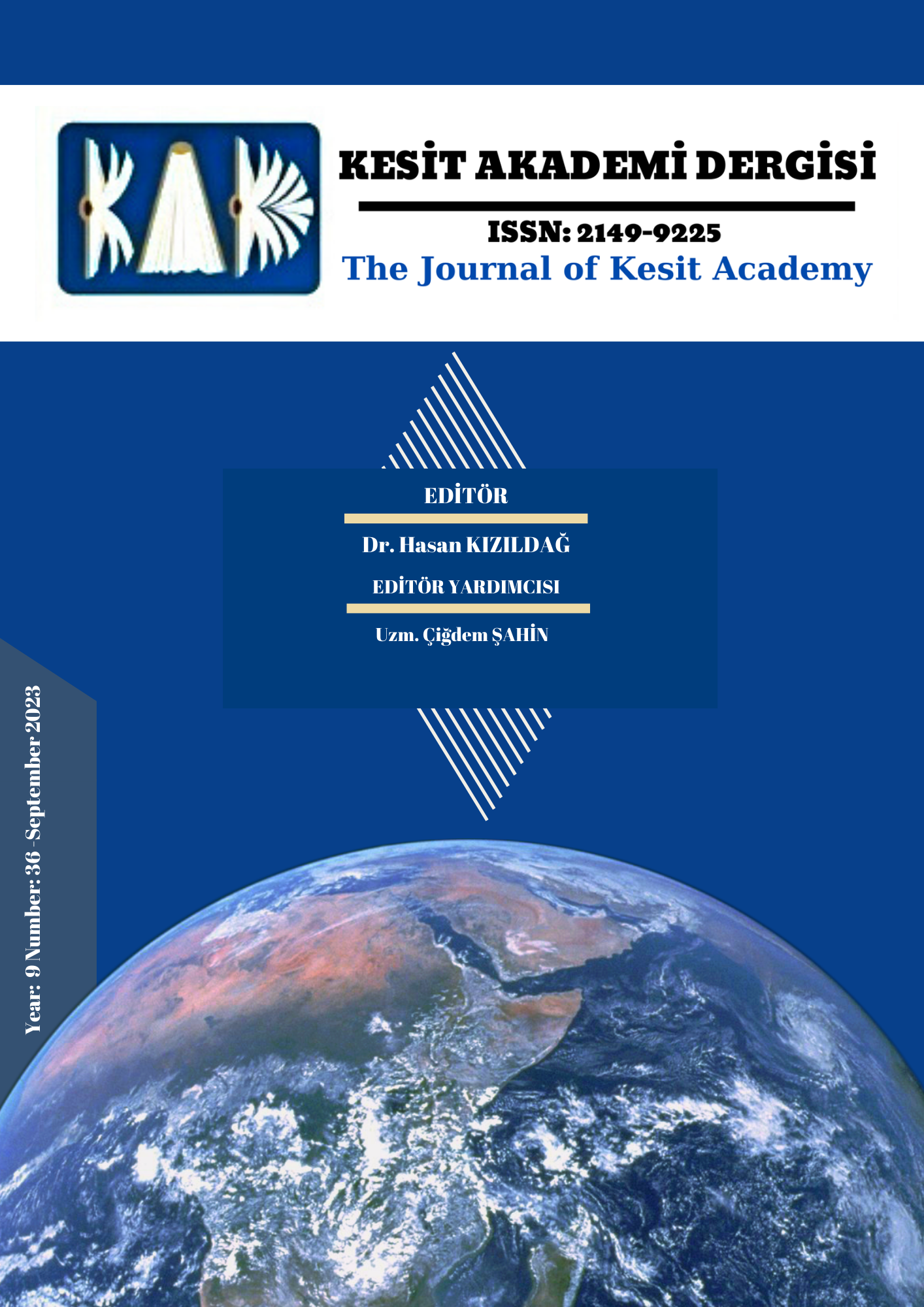Author :
Abstract
İrlandalı oyun yazarı Samuel Beckett'in Godot'yu Beklerken ve Çinli oyun yazarı Gao Xingjian'ın Otobüs Durağı oyunları absürd dramanın örnekleri olarak kabul edilmektedir. Beckett ve Xingjian, farklı tarihsel dönemlerde yaşamalarına ve farklı kültürel yetiştirilme tarzlarına sahip olmalarına rağmen, bağımsız olarak insan varlığının sert ve savunmasız gerçeklerini teşhir ederken aynı zamanda oyunlarında derin hümanist değerler sergilemektedir. Her iki yazar da oyunlarında kasvetli bir ortamın temsilini tipik olarak insan varoluşunun temel doğasıyla ilişkilendirir. Bu eserler üzerine çok sayıda inceleme yapılmış olsa da, bu çalışmaların sadece bir kısmı bu oyunlarda tasvir edilen cesaret verici ve ilham verici kavramları derinlemesine araştırmıştır. Bu oyunların her ikisi de karamsarlık ve nihilizm eğilimleri nedeniyle eleştirilmiştir; bu, her iki eserde de tasvir edilen fikirlerin özünde birbirine zıt olduğu sonucunu yineleyen incelemelerin bulgularına dayanmaktadır. Bu çalışma, bu iki konuyu olumlu bir karşılaştırma yapabilmek adına incelemekte ve aynı zamanda bekleyiş kavramı açısından da değerlendirmektedir. Bu çalışmanın amacı, umudun insan ruhu üzerinde yaratabileceği olumlu etkilerin yanı sıra, başlangıçta hiç yokmuş gibi görünen durumlarda umudun bulunabileceğine dair kanıtlar sunmaktır.
Keywords
Abstract
Both Waiting for Godot by Irish playwright Samuel Beckett and The Bus Stop by Chinese playwright Gao Xingjian are considered to be prime examples of absurd drama. Despite residing in distinct historical periods and possessing diverse cultural upbringings, Beckett and Xingjian independently elect to expose the harsh and vulnerable realities of human existence, while simultaneously exhibiting profound humanistic values in their plays. The two playwrights typically relate the representation of a dismal environment in their theatrical creations with the fundamental nature of human existence. Although a large number of academics have conducted analyses on the plays, only a fraction of them have conducted in-depth investigations of the encouraging and inspiring concepts that are portrayed in these theatrical productions. Both of these plays have been criticized for their tendency toward pessimism and nihilism, which is based on the findings of the predominant analyses, which have repeatedly arrived at the conclusion that the ideas that are portrayed in both of these works are essentially antithetical to one another. This study examines these two subjects in order to make a positive comparison between them while also assessing them from the standpoint of the concept of waiting. The purpose of this study is to provide evidence that hope may be found in circumstances that initially appear to have none, as well as to highlight the positive effects that hope can have on the spirit of an individual.





